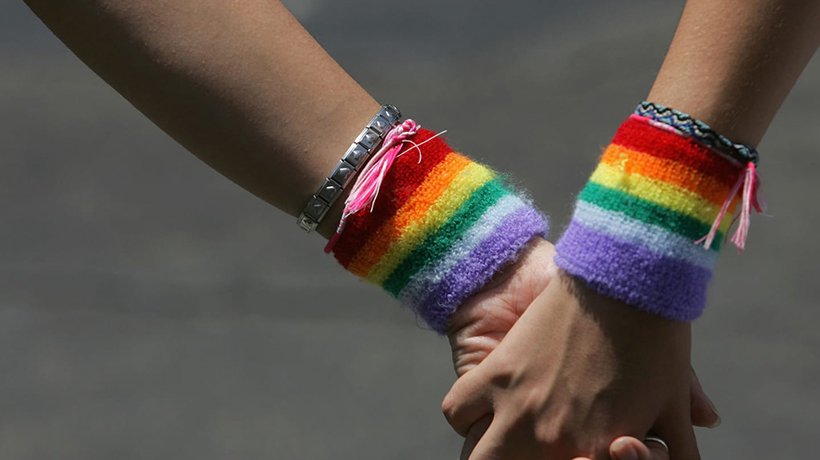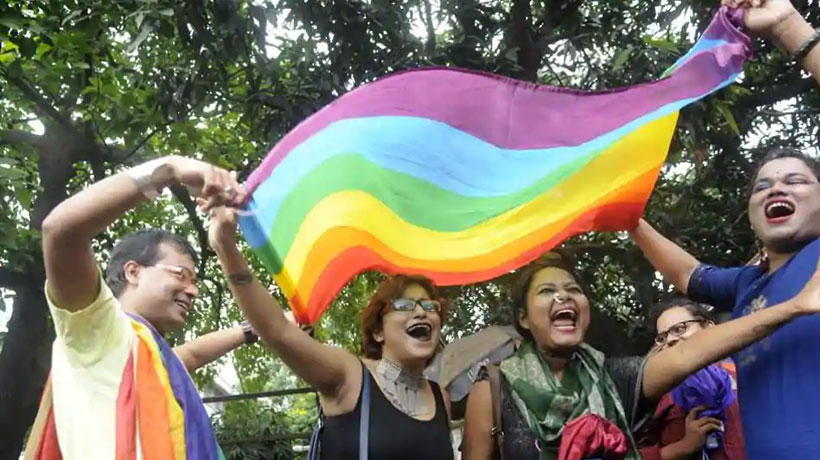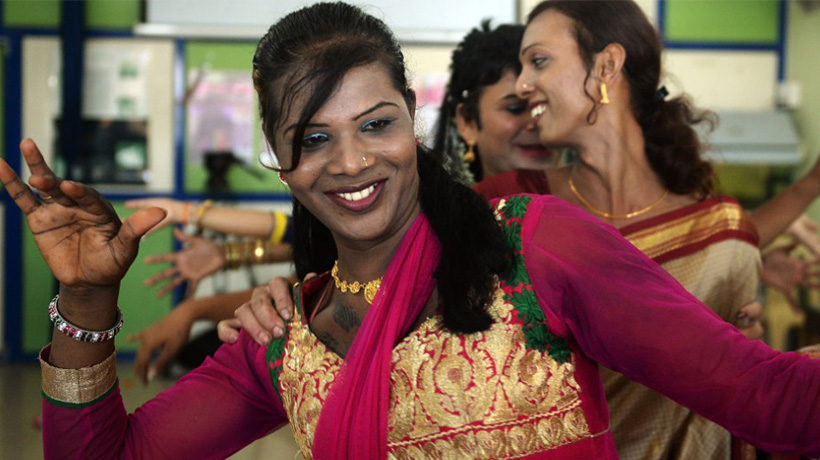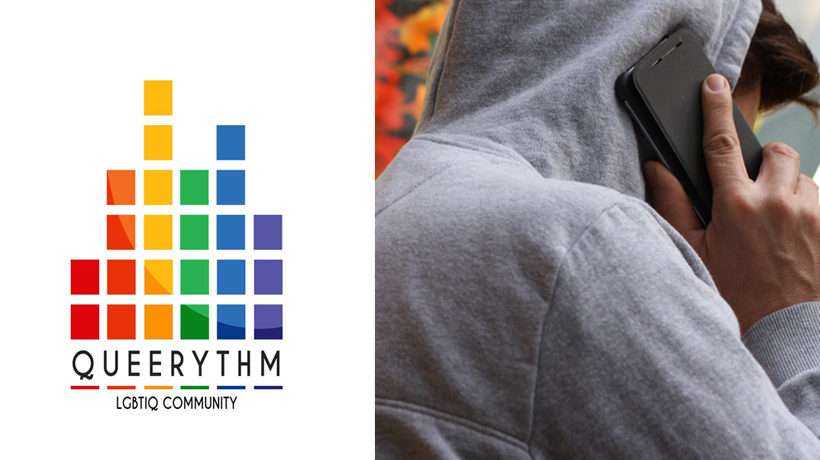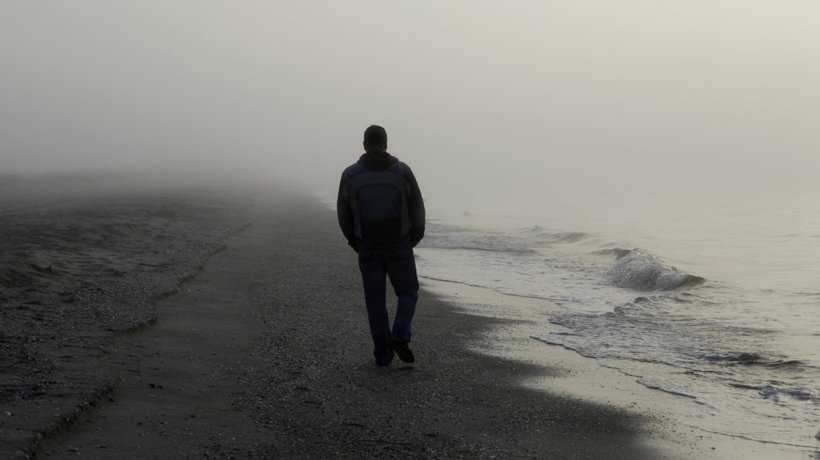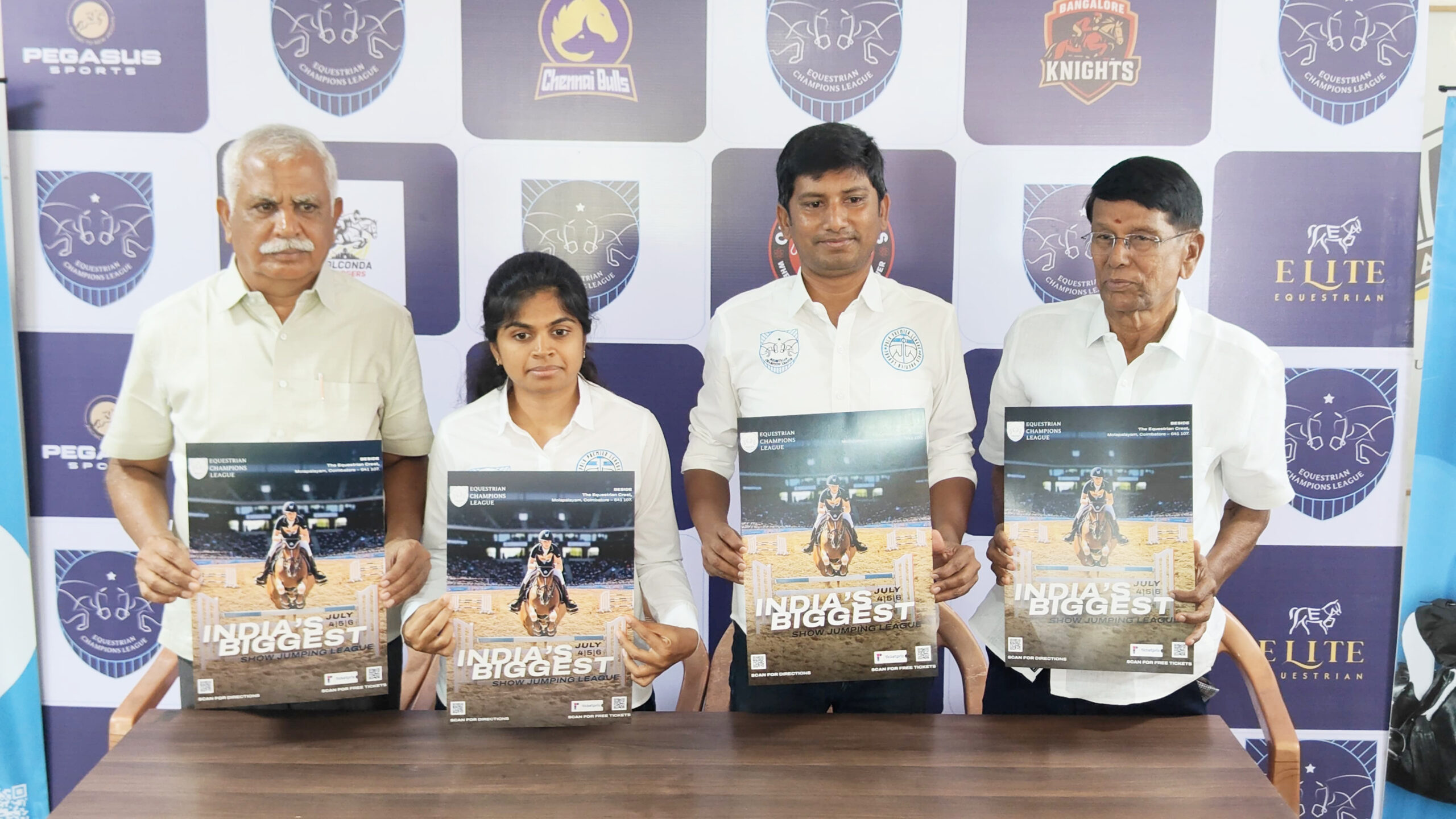Trending Now
- “If Edappadi Palaniswami permits, a thousand young members from the Virudhunagar district AIADMK are prepared to take up arms and engage in battle under my command.” – Former AIADMK Minister Rajendra Balaji
- “India is ready to deal with any counter-attack by Pakistan” – Wing Commander Vyomika Singh
- Central govt orders extension of CBI Director Praveen Sood’s tenure for another year
TCP′s LGBTQ Pride
“Being LGBT was earlier thought of as a disorder”; psychiatrists on being LGBT in today’s India
![]() June 19, 2018
June 19, 2018
TCP’S LGBTQ SERIES
LGBT more prone to depression, anxiety as they have less support and more problems
In 2018 India, the life and times of LGBT is full of anxiety, stress and fear of being picked up and locked up by police as homosexuality is a criminal offence. All this could change depending on what view the Supreme Court take on a petition seeking to decriminalize consensual sex between LGBT adults.
What does it mean to be LGBT? What does it stand for? How many of us were aware that June was Pride month for LGBT?
For those uninitiated, LGBT stands for Lesbian, Gay, Bisexual and Transgender. The spectrum has widened to involve many other sexualities as well. It started off as LGBT, and currently stands at LGBTQIA+. Q stands for Queer, I for Intersex, and A for Asexual. But most people still use LGBT to denote the whole spectrum.
LGBTQIA+ Pride is usually denoted by a rainbow coloured flag, but there are other specific colour coded flags for each sexuality and gender identity.
Being openly LGBT in India comes with great courage, more so than in western countries. With Section 377 still in place, being homosexual in India is a crime! (We have to wait till October to see how the case will turn out in the courts).
Under it, any homosexual can be arrested at any given time for the simple reason that they are one. Imagine living in constant fear of police turning up at your door and taking you away even though you have lived all your life as a good law-abiding citizen.
Homosexuality, or any of the LGBTQIA+ is not a choice, it is not even a way of life. They simply are different. And different does not mean bad.
“It’s more of a biological thing”, says Dr G Raghunathaman, Professor & Head of dept of Psychiatry, PSG Institute of Medical Sciences & Research, “Their brains are wired like that. It’s similar to different people having different physical characteristics. Some people are short, some are tall, everyone is different. Like that, these people are different in their sexual orientation or gender identity.”
Earlier this June, the Indian Psychiatric Society (IPS), the largest body of mental health professionals put out its official stand on homosexuality: that it is not a disease and it certainly is not curable.
Till a few decades ago, it was thought of a disorder. Even after it was found that it wasn’t one, many psychiatrists still continued to employ therapy to treat people of homosexuality.
Parents would bring in their children to ‘cure’ them. Individuals also approach psychiatrists in an attempt to change their preference. In a heavily culturally bound society like India, this happens a lot more than what people think.
“Parents think that it is the fault of the children, they don’t understand that it is a biological thing”, says Dr V Umamaheswari, a psychiatrist based in Coimbatore. “The young generation is confused, especially with increased exposure. Culturally they know that they are wrong. So, they are in a dilemma: culture or themselves. What they should know is that there is no need to panic”.
Dr Umamaheswari advises that if someone is confused about their sexuality, they should consult a psychiatrist. “Sexual Orientation Therapy can help you figure out if you are attracted to the same sex without experimentation.” She also said that most human beings were bisexual by nature, but to different extent.
When asked about the fear most people have about being judged, she said “A psychiatrist is the most neutral person”.
On a similar, yet different note, Dr Parandaman Sethupathi, Medical director & Consultant Psychiatrist, Royal Care hospital, Coimbatore said that most adolescents were confused. “If they are in their adolescence they cannot be called LGBT”. With proper guidance, he said that their preference can be changed.
“Earlier, it (LGBT) was thought of as a disorder, now it is seen as a preference. It is a clear preference that comes about due to their circumstances or experiences”, he said, “We have a lot of people who are in a confused state of mind as well. People who are severely depressed, especially due to heartbreak. This can often make them their question sexuality”, stressing the importance of getting help when and if you are confused.
Taking a very different view, Dr D Srinivasan, Psychiatrist, Covai Medical Center said that homosexuality can be changed through proper therapy if the patient wants to change, recounting 10+ cases where he helped them lead a “normal” and “comfortable” life.
“One of them told me this, ‘Doctor you gave me space’. If you want to change your preference I can help through therapy. The important point is to empathise with them, to make them feel like they are understood and not judged”, he recalled.
The Indian society cannot see homosexuality as a normality. It is associated with shame. Most think that it is non-biological and against nature. Even psychiatrists have varying views on the same topic.
Records show that before the British colonised India, there were many records of existence of homosexuality in India. The British criminalised homosexuality under section 377 In the 1800s.
Since then, the nation has grown more stubborn. What was once considered to be a normal variation was then onwards seen as an aberration.
Even as pride movements rocked the world, in India things were strangely silent in comparison. In the past decade or so, the movement has gained some ground, but only in metros. Homosexuality has been taken out from the list of mental illnesses by most of the scientific and medical community.
“When scientists studied the brain functioning of people with different sexual orientation, they found that it worked like that of a ‘normal’ person. There was nothing abnormal with their brains, so how can it be considered a brain disorder”, said Dr Parandaman.
“Sexual education and LGBT should be taught at schools at a child’s psychological level” said Dr Umamaheswari, adding that people in the LGBT spectrum are more vulnerable to depression.
The other three psychiatrists shared similar thoughts on the subject as well. “Repression can mostly lead to anxiety and depression. In some extreme cases, it can also lead to paranoia” said Dr Srinivasan.
“People who identify as LGBT can easily get reactive depression”, said Dr Raghunathaman, “They have more problems and less support. It can sometimes push them to indulge in high risk behaviour like unsafe sex and drug abuse (found more in the west)”.
“For transgenders, it is not just sexual orientation, they are troubled about their gender identity as well” he added. LGBT community hopes, in the coming years, the Pride Movement will spread across India and engulf it, “because, love is love, no matter the gender.”
Hopefully, in the coming years, the pride movement will spread to the rest of India and engulf it. Because love is love, no matter the gender.





